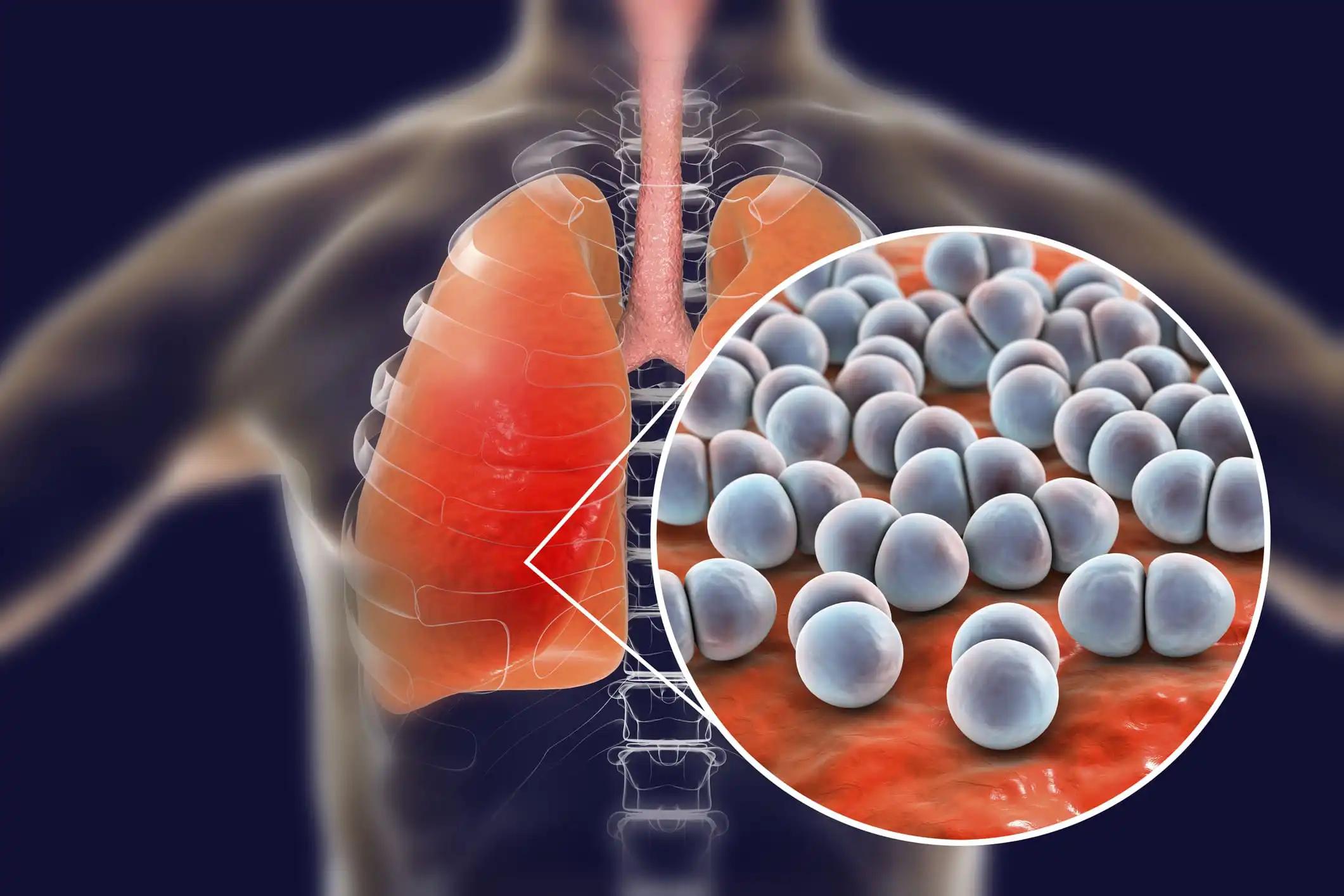KEY TAKEAWAYS
- RESILIENT (NCT03088813) is a phase 2/3 study to evaluate liposomal irinotecan monotherapy’s safety, tolerability, and effectiveness.
- The study aims to assess dose selection and safety, and tolerability.
- The study is an open-label, single-arm, safety run-in evaluation with dose-exploration and dose-expansion phases.
- Outcomes of the study include TEAEs reported by 10 out of 25 patients. 3 patients experienced severe TEAEs, and 2 died due to their condition.
Patients with small cell lung cancer who have progressed on or after first-line platinum-based therapy were eligible to participate in RESILIENT, a phase 2/3 research evaluating the safety, tolerability, and effectiveness of liposomal irinotecan monotherapy. Here, we share phase 1 of RESILIENT’s findings.
Patients ≥ 18 years old with Eastern Cooperative Oncology Group performance status 0/1 and asymptomatic central nervous system metastases were eligible for this open-label, single-arm, safety run-in evaluation with dose-exploration and dose-expansion phases. The key goals were dose selection and assessment of safety and tolerability. Clinical outcomes measured included progression-free survival (PFS), overall survival (OS), and objective response rate (ORR).
Intravenous liposomal irinotecan dose investigation included administering 85 mg/m2 to 5 individuals (not tolerated; dose-limiting toxicity) and 70 mg/m2 to 12 patients (deemed tolerable). Thirteen more patients were given intravenously 70 mg/m2 of liposomal irinotecan during the dose expansion. Treatment-emergent adverse events (TEAEs) were reported by 10 of the 25 patients (median age [range], 59.0 [48.0-73.0] years, 92.0% with metastatic disease), with the most common being diarrhea (20%) and neutropenia (16%).
Three patients experienced serious TEAEs, and two died due to their condition. The median overall response rate (ORR) was 44.0% (95% CI: 24.40-65.07; 1 complete response, ten partial responses). PFS was 3.98 (1.45-4.24) months, and OS was 8.08 (5.16-9.82) months.
Antitumor activity was encouraging, and no new safety indications were seen with liposomal irinotecan. Liposomal irinotecan versus topotecan is now being studied in RESILIENT part 2, a randomized, controlled, phase 3 research.
After platinum-based therapy, the treatment choices for small cell lung cancer (SCLC) are quite limited. Irinotecan is possible; it may be more effective and have a longer half-life if given in a “liposomal” formulation. Twenty-five persons with SCLC whose disease had progressed despite platinum-based therapy participated in the RESILIENT part 1 trial, which evaluated the safety and efficacy of liposomal irinotecan. There have been no new safety issues raised. Both neutropenia (16%) and diarrhea (20%) were reported by at least 20% of patients as moderate to severe side effects. In 44% of patients, the tumors shrank after treatment. The median time to disease progression was 3.98 months, while the median time to death was 8.08 months. Clinical tests of liposomal irinotecan are still being conducted.
Source: https://pubmed.ncbi.nlm.nih.gov/35195913/
Clinical trial: https://clinicaltrials.gov/ct2/show/NCT03088813
Paz-Ares, L., Spigel, D. R., Chen, Y., Jove, M., Juan-Vidal, O., Rich, P., Hayes, T., Calderón, V. G., Caro, R. B., Navarro, A., Dowlati, A., Zhang, B., Moore, Y., Yao, X., Kokhreidze, J., Ponce, S., & Bunn, P. A. (2022). RESILIENT part 1: a phase 2 dose-exploration and dose-expansion study of second-line liposomal irinotecan in adults with small cell lung cancer. Cancer, 128(9), 1801–1811. https://doi.org/10.1002/cncr.34123



